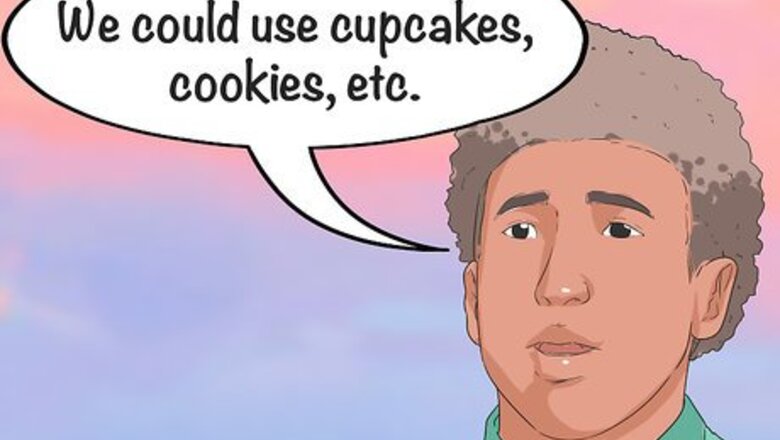
views
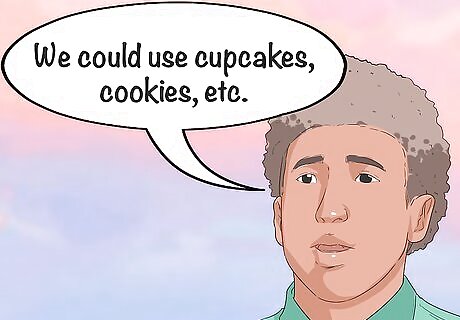
Use "et cetera" to mean "and so forth" as well as "all items of the same class." Et cetera is used as a short way to say, "and so forth", "and so on", or "and other things", and is also used to describe a list without listing everything. However, it's important that the items in the list are of the same kind so that "etc." does not confuse the reader. For example, you can say, "We could use cupcakes, cookies, etc." This shows that they can use any kind of dessert, and it could be rewritten by, "We could use cupcakes, cookies, and so on." However, you cannot say, "Bring hamburger buns, paper plates, cupcakes, etc.", because the items on the list are not the same and the person you're talking to would not know what you are referring to. Items of the same class do not need to be physical items. They can be emotions, or other forms of "things." For example, you could say, "Please write down your three primary emotions today (sadness, anger, fear, etc.)"
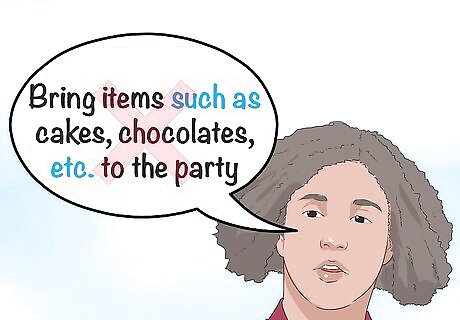
Do not use an introductory phrase for a list, such as "such as" or "for example," along with etc. You cannot say, "Bring items such as cake, chocolates, ice cream, etc. to the party," because "such as" already implies that you are not talking about a complete list. You can simply say, "Bring items such as cake, chocolates, and ice cream to the party" or "Bring cake, chocolates, ice cream, etc. to the party."
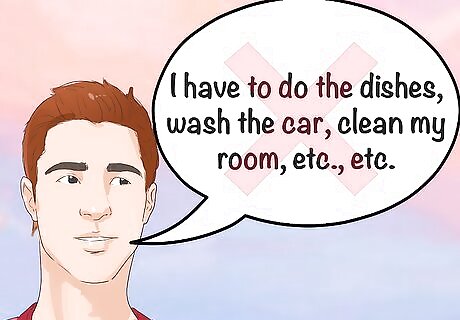
Do not use "etc." more than once in a sentence. Though some people think it's cute to use "etc." more than once in a sentence to stress the fact that many additional items are needed, just one "etc." will suffice. Saying something like, "I have to do the dishes, wash the car, clean my room, etc., etc., etc., before the party" is never correct.
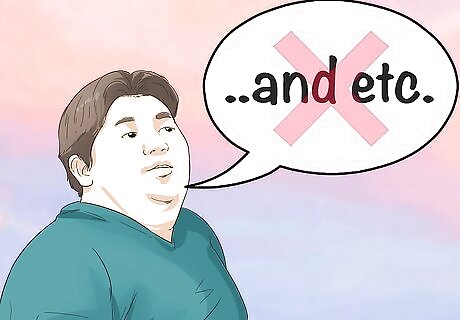
Do not use "and" before "etc." Since the "et" in "et cetera" already means "and," it would be redundant to use the phrase "and etc." because you'll really be saying, "and and the rest." Make sure to avoid using "and" when using "etc."
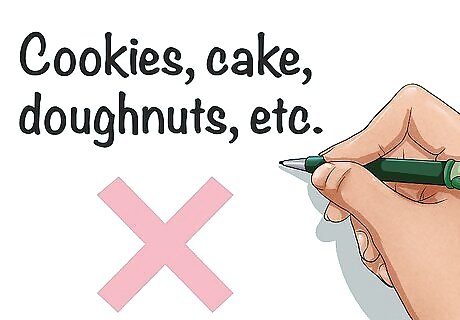
Do not use "etc." if you're discussing a specific list of items that are needed and not anything more. If you only need cookies, cake, and donuts for the party, writing "cookies, cake, donuts, etc." will not be appropriate because it will give the reader the assumption that he can bring another dessert.
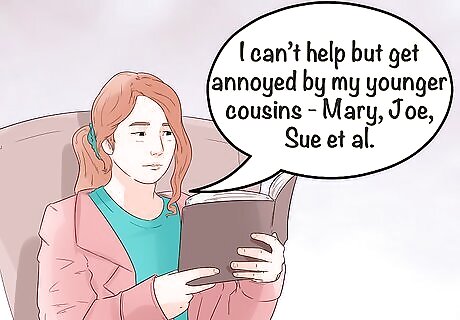
Do not use "etc." to refer to people. "Etc." can only refer to things; "et al." is used to refer to people. You cannot say, "I can't help but get annoyed by my younger cousins – Mary, Joe, Sue, etc. – though I try to be nice to them." Instead, you can say, "I can't help but get annoyed by my younger cousins – Mary, Joe, Sue et al. – though I try to be nice to them." In this example, you are using "et al.", which means "and others," to refer to the other annoying younger cousins.
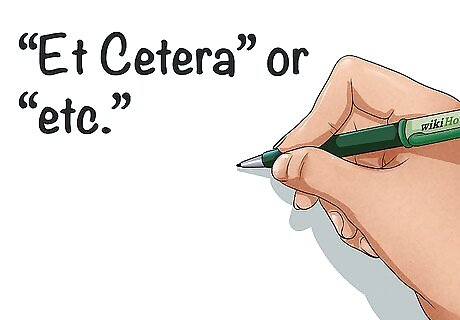
Use the correct spelling. You can write it either way, "Et Cetera", or "etc." Some other versions of etc. include et caetera, et cœtera or et coetera, but its usual spelling can be etc. Remember exactly how it's spelled, because when it's misspelled, it can look very obvious. Don't spell it, "ect" or "cet" or anything, although it can be spelled &e., &/c., or &ct. You don't need to learn all of these spellings, but choose one that you can rely on to use. Be careful how you pronounce et cetera. If you're in the habit of saying "ek-SET-ra", it's time to kick out the "k" sound! The real pronunciation is "eht-SEHT-er-uh."
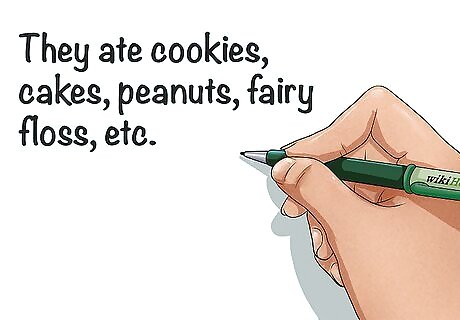
Punctuate "etc." correctly. At the end of "etc", there should be a period. (This does not apply if you are using modern "open punctuation", which dispenses with periods for eg, ie etc). That's obvious, right? However, when you still have more to say in the sentence, you should put a comma after the period. If you are finished with the sentence, end with that period, don't put anything else, but if you still have more to say, put a comma at the end and finish. For example: "They ate cookies, cakes, peanuts, fairy floss, etc., and it's little wonder they ended up with stomach aches."
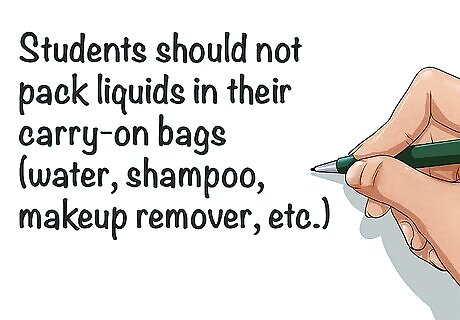
Learn how to put in the punctuation around it. Yes, you should use a period and a comma, but when you also work with semicolons, question marks, and exclamation points, "etc." can be confusing. Here are a few examples: Put a question mark after the period in "etc." Put an exclamation point immediately after the period. Put the semicolon in right after the period and put a space between it and the next word. Put parentheses around the items you are using along with etc. when necessary. For example: "Students should not pack liquids in their carry-on bags (water, shampoo, makeup remover, etc.)"










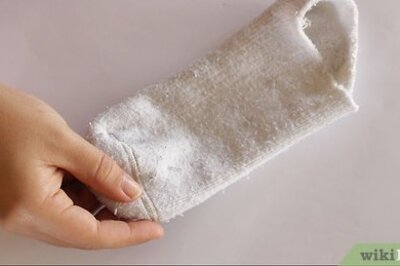
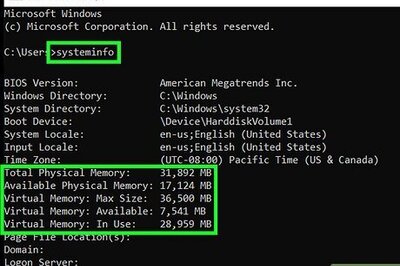

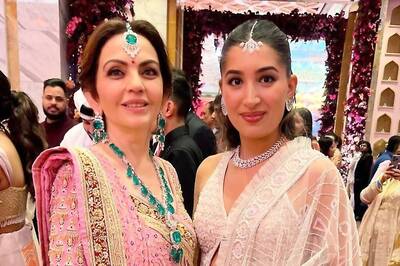
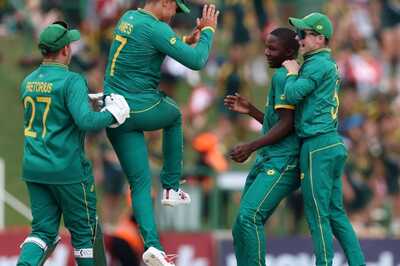




Comments
0 comment